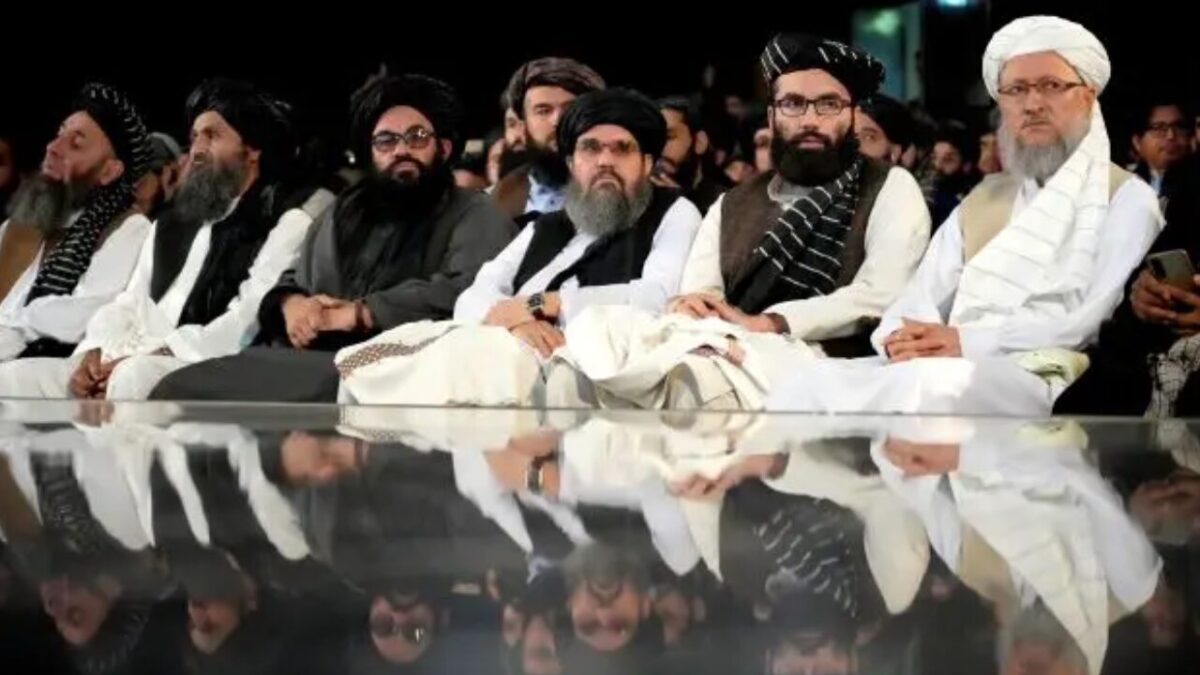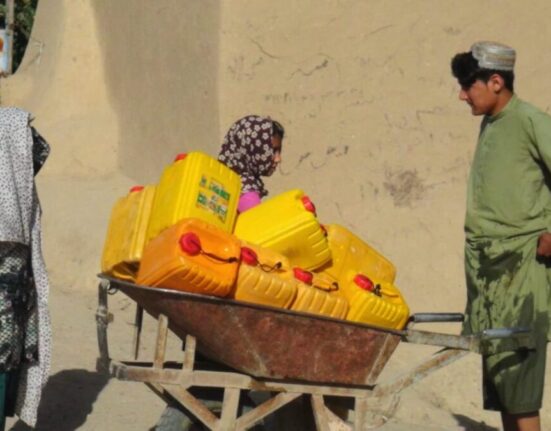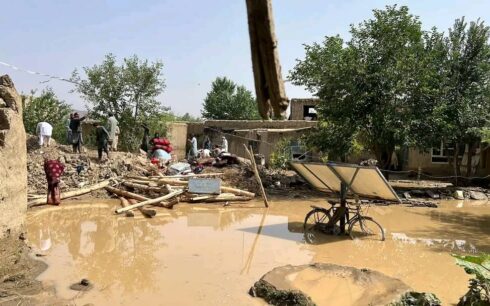A high-level Taliban meeting in Kandahar has been extended by two days as their cabinet members attempt to dissuade the Taliban’s supreme leader, Hibatullah Akhundzada, from imposing a ban on non-governmental organizations (NGOs), two sources told Amu.
The sources revealed that key Taliban ministers, including Noor Jalal Jalali, the Taliban minister of public health, have delayed their return to Kabul to continue discussions with Akhundzada. Jalali, who was scheduled to return on Wednesday, Dec. 18, remained in Kandahar in an effort to convince the leader to reconsider issuing the decree.
The extended discussions come amid mounting tensions within the Taliban leadership over the future of foreign aid organizations operating in Afghanistan. Abdul Ghani Baradar, the Taliban deputy chief minister for economic affairs, has also traveled to Kandahar to consult with Akhundzada on the matter, sources confirmed.
The talks follow reports of a previous cabinet meeting in Kandahar where Akhundzada reportedly pushed for tighter restrictions—or an outright ban—on international organizations. While no final decision has been made, the leader has emphasized the need for Taliban control over NGO budgets and operations. This reflects the Taliban’s broader efforts to consolidate authority over humanitarian activities in the country.
In December, the Taliban banned women from working for NGOs, a move that severely hampered the operations of many aid organizations. The United Nations recently reported a 56 percent increase in incidents of interference with humanitarian aid in Afghanistan over the past month, many linked to Taliban-imposed restrictions. These disruptions have exacerbated hardships for families reliant on aid, particularly those headed by women.
Economic experts warn that further restrictions on NGOs could deepen Afghanistan’s economic crisis. With foreign aid comprising a significant portion of the country’s economy, any limitations on humanitarian organizations are likely to have far-reaching consequences for millions of Afghans struggling with poverty and food insecurity.
As of now, the Taliban leadership remains divided on the issue, leaving the future of foreign aid operations in Afghanistan uncertain.





